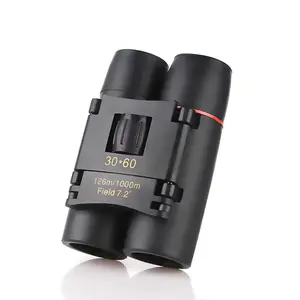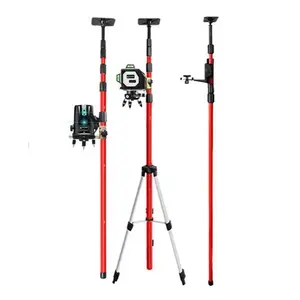Popular in your industry











Related Searches:
























About analytical balances
An Introduction to Analytical Balances
Analytical balances are precision instruments used to measure mass with high accuracy. They are essential in a variety of settings, particularly in laboratories where precise measurements are crucial. An analytical weighing balance is designed to detect very fine increments of the mass of a sample, making it a cornerstone for any scientific research or pharmaceutical application.
Types and Applications of Analytical Balances
The versatility of analytical balances extends to various types, each tailored for specific needs. A laboratory balance, for instance, is optimized for the controlled environment of a lab, often featuring draft shields and other measures to ensure accurate readings. Lab analytical balances are commonly used for chemical analysis, formulation, and quality control processes. In contrast, an analytical balance laboratory device may be employed for educational purposes, demonstrating the principles of mass measurement to students.
Features and Materials
Modern analytical weighing machines are equipped with features that enhance usability and reliability. They often come with digital displays for clear readouts and are constructed from durable materials that resist corrosion and chemical damage. The weighing pan, usually made of stainless steel, ensures longevity and easy cleaning. Additionally, the internal calibration mechanism, a feature in many high-end models like the Mettler Toledo analytical balance, simplifies the maintenance of the device's accuracy.
Advantages of Digital Analytical Balances
The transition from traditional scales to digital analytical balance scales has brought numerous advantages. Digital models offer enhanced precision and the ability to connect to computers for data analysis and storage. Unlike their analog counterparts, digital balances do not rely on mechanical parts that wear out, thus reducing the need for frequent calibration and maintenance. The process of calibrating analytical balances is straightforward, often requiring minimal user intervention.
Choosing the Right Analytical Balance for Your Laboratory
Selecting the right lab balance scale involves considering the specific needs of your application. For instance, a weighing balance for laboratory use must accommodate the expected range of sample sizes and the level of precision required. It's also important to consider the balance's sensitivity to environmental factors and the presence of any additional features that may be necessary, such as connectivity options or built-in applications.
Maintenance and Care
To ensure the longevity and accuracy of an analytical weighing scale, regular maintenance is key. This includes routine cleaning, proper handling, and storage, as well as periodic calibration checks. By adhering to these practices, users can maintain the integrity of their measurements and the durability of their equipment.















